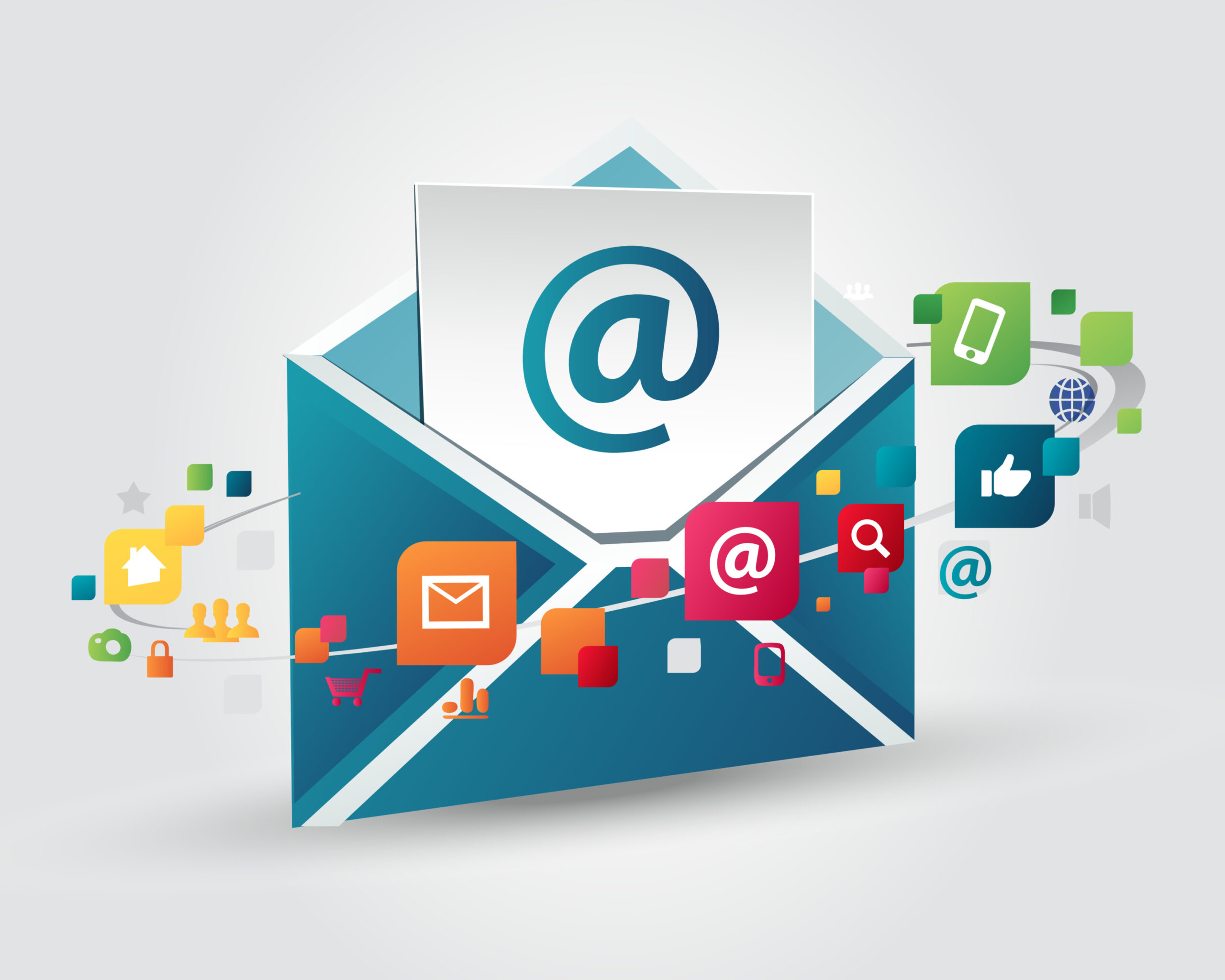Introduction: Your email address is your online identity’s foundation. It’s your means to send and receive messages, sign up for services, receive newsletters, and handle critical notifications. While fun and quirky email addresses like “cooldude86@aol.com” or “crazypunkmaster999@yahoo.ca” might have served you well in your high school or college days, they don’t belong in the professional world. Whether you’re job hunting, managing a business, or expanding your network, a professional email address is essential. In this article, we’ll explore what makes a professional email address, its format, and provide you with ideas and examples to create one.
Professional Email Address Format: A professional email address should exhibit simplicity, clarity, and a degree of formality. Here’s a basic structure to consider:
- Your Name: Your email address should incorporate your full name, or at the very least, your first and last name. Avoid using nicknames or cryptic abbreviations.
- Use a Common Email Provider: Stick to popular and trustworthy email providers such as Gmail, Outlook, or Yahoo. Custom domains are ideal for businesses.
- Numbers and Special Characters: If your name is already taken, you might add a relevant number (like your birth year) or a period to separate your first and last name.
- Avoid Complex Special Characters: Using too many special characters or symbols can make your email hard to remember or type.
- Keep It Short: A concise email address is easier to remember and less prone to typos.
Ideas and Examples for Professional Email Addresses:
- JohnDoe@gmail.com: The simplest and most effective format. It’s clean and professional.
- Jane.Smith@outlook.com: Incorporating a period to separate your first and last name adds elegance.
- Alexandra.Jones87@yahoo.com: Adding your birth year distinguishes your address without overcomplicating it.
- Robert_Spencer@companyname.com: For business use, a custom domain like “companyname.com” is ideal.
- Sophia.MillerHR@gmail.com: Including your job position or department adds clarity.
- David.Brown.Marketing@gmail.com: Job-related keywords can be beneficial.
- Linda.Carter23@consultingpros.com: A number can help if your name is common.
Why a Professional Email Address Matters:
- First Impressions: A professional email address leaves a positive first impression on potential employers, clients, and contacts.
- Credibility: It enhances your credibility and shows that you take your online presence seriously.
- Easy Recall: Simple addresses are easier to remember, reducing the chances of missed opportunities.
- Relevance: It conveys relevance and professionalism to recruiters and hiring managers.
- Spam Reduction: A professional address is less likely to be classified as spam.
Conclusion: Creating a professional email address is a small but crucial step in your journey toward a successful career and an impressive online presence. A well-structured email address communicates your professionalism, making it easier for employers, clients, and colleagues to trust and remember you. Don’t underestimate the power of a professional email address; it’s a key element in your personal and business branding. Start by considering the format and examples provided here, and take the first step toward your enhanced professional identity.


